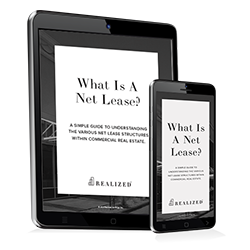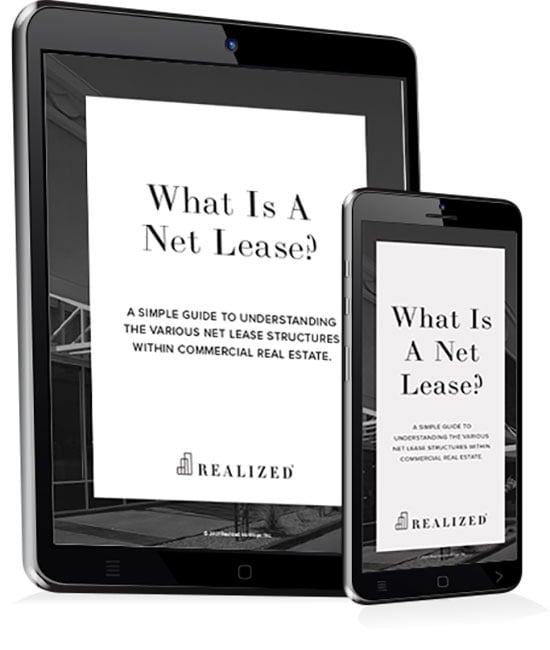
Commercial leases generally fall into two categories — gross and net, with net leases being the most common. These two leases are very different. Let's dig into the details to see what you should know about both.
Gross Lease
A gross lease is also called a full-service lease. Tenants pay only the base rent in a gross lease. These leases are common for residential properties. Landlords pay all of the operating expenses.
There is also the modified gross lease. The tenant pays base rent in earlier years and then later pays a proportionate (i.e., pro rata) share of operating expenses. These leases can be found in buildings with multiple tenants and no metering. Actual expenses can vary from lease to lease and are defined in the lease contract.
An advantage of a modified gross lease for both parties is that bookkeeping is made very simple.
Net Lease
In a net lease, tenant responsibilities range from base rent to covering insurance, taxes, and maintenance. Because the tenant is taking on more financial responsibility, base rents are lower in net leases than in gross leases.
The most common net lease is a NNN (i.e., triple net lease). These leases are popular in retail, industrial, and office properties.
There are several different types of net lease. We'll review each, building our way up to a NNN lease. Listed below are tenant responsibilities. Note that all listed include base rent.
Single — Taxes
Double — Taxes + Insurance
Triple — Taxes + Insurance + Operating expenses
You can see that the number of tenant financial responsibilities corresponds to the lease name.
Operating expenses vary depending on the lease contract. They may include common areas, maintenance, and utilities. Capital expenditures are still the responsibility of the landlord. Capital expenses include roof replacement, structural repairs/modifications, and parking lot replacement.
You might wonder why a tenant would opt for a NNN lease. NNN leases have advantages for tenants. Because of the additional expenses, there can be tax benefits. Some lease agreements will protect tenants from tax and insurance increases. And, of course, a lower monthly rent.
Landlords benefit from a consistent income stream with far less property management and expense.
Also within the net lease group is the absolute or bondable lease. Sometimes, these are called absolute net leases. The tenant has the most financial responsibility with this lease type. In addition to everything in the NNN lease, the tenant is responsible for the roof and structure, adding large capital expenditures. The tenant is usually the only one in the building.
Because of the potential financial exposure, these absolute leases are usually reserved for large national tenants with investment-grade credit ratings.
Gross and net leases have advantages and disadvantages for both the tenant and the landlord. While the above are broad descriptions of each lease, it's important to read the lease agreement as the same lease type can vary significantly from contract to contract.
This material is for general information and educational purposes only. Information is based on data gathered from what we believe are reliable sources. It is not guaranteed as to accuracy, does not purport to be complete and is not intended to be used as a primary basis for investment decisions. It should also not be construed as advice meeting the particular investment needs of any investor.
Realized does not provide tax or legal advice. This material is not a substitute for seeking the advice of a qualified professional for your individual situation.



